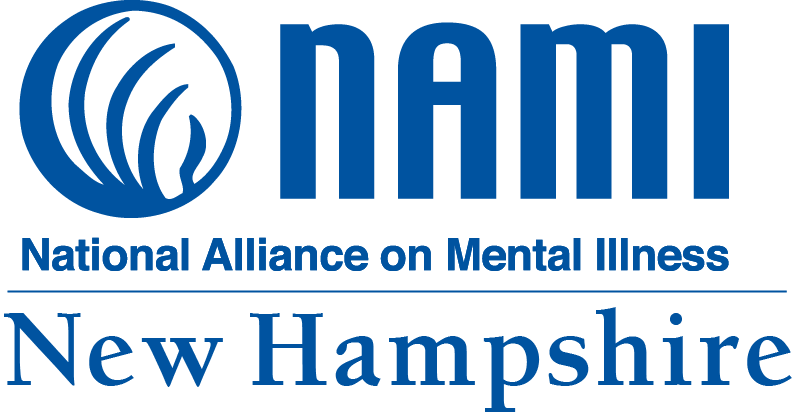| NAMI New Hampshire
|
Getting your Trinity Audio player ready...
|
– Jace Troie, DEI & Program Assistant, NAMI New Hampshire
The Trevor Project is a national LGBTQ+ organization whose mission is to “end suicide among LGBTQ young people.” Recently, the organization released survey data, collected from all 50 states, documenting the mental health of nearly 34,000 LGBTQ youth (ages 13-24).
The Executive Summary outlines the survey’s purpose, which is to “provide critical insights into the suicide risk faced by LGBTQ young people, top barriers to mental health care, the prevalence of anti-LGBTQ victimization, and the negative impacts of recent politics. Importantly, this research also points to ways in which we can all support the LGBTQ young people in our lives by detailing per state LGBTQ young people’s access to accepting communities, LGBTQ-affirming spaces, and social support among family and friends — protective factors that are consistently associated with better mental health and lower suicide risk.” (The Trevor Project, 2023).
The data has already been broken down to show each state’s results for ease of access to local information. Aggregate data has also been made available to anyone through the publishing of the overall research report. By making this information available to anyone, The Trevor Project is reducing barriers to understanding and giving states the tools they need to make meaningful change. So, how can New Hampshire use this data to create a safer, more welcoming environment for LGBTQ+ youth?
Step one would be to look at the survey results and understand what our LGBTQIA+ youth are feeling and experiencing. Some examples include:
- “72% of LGBTQ youth in New Hampshire reported experiencing symptoms of anxiety”
- “39% of LGBTQ youth in New Hampshire seriously considered suicide in the past year”
- “68% of LGBTQ youth in New Hampshire have experienced discrimination based on sexual orientation or gender identity”
Then it is important to recognize which needs aren’t being met, including:
- “76% of LGBTQ youth in New Hampshire experience low to moderate support from their family”
- “46% of LGBTQ youth in New Hampshire were afraid to talk about their mental health concerns with someone else”
After identifying these needs through data, communities can then brainstorm how we can make New Hampshire a safer, more welcoming environment for our LGBTQ youth. So, for each selected data point we must ask ourselves “why?”
Why do 76% of LGBTQ youth experience low to moderate support from their family? Obviously there could be a number of factors, so list as many as you can think of, for example:
- Lack of understanding of certain identities
- Fear of how LGBTQ youth may be treated by community
- Discomfort with talking about gender/ sexuality to youth
- Religious/ Cultural beliefs surrounding gender/ sexuality
- Etc.
Once you have made a list, decide which of these are actionable items, which of these “whys” can you do something about either in your organization, town, county or even state! From there, take action, speak to community leaders and LGBTQ advocates, see who needs to be brought to the table to make meaningful change and most importantly, follow through.
Here at NAMI New Hampshire, we recognized a need for community education around gender and sexuality in order to improve the mental wellness of LGBTQ youth in our state. We then partnered with LGBTQ community leaders, including those with lived experience, medical professionals, faith leaders and parents of LGBTQ youth and hosted a panel discussion where community members could come and ask questions in a safe and welcoming environment. The discussion was titled “Asking the Tough Questions” because it had come to our attention that in some cases, lack of acceptance came from lack of understanding. Through this community conversation we were able to support our LGBTQ youth by educating and supporting their families and broader community.
This is just one example of how change can be made using key data. Although, it’s important to remember that positive change on any scale is still a step in the right direction! When we all do our part, we build a more welcoming and accepting community.

